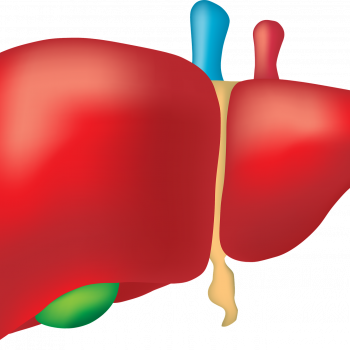Patients better off accepting a ‘poorer quality’ liver than waiting for a ‘better’ one, research shows
Transplantation practice has changed dramatically in the UK in the last 10 years. For several decades, only those deceased persons who had catastrophic brain injury and were declared ‘brain-stem dead’ (BSD) were considered for donation.
More recently, increasing numbers of deceased organs are retrieved from individuals who are not brain dead but whose survival prospects are futile and who are declared dead after their heart has stopped beating (otherwise known as a ‘donation after circulatory death’, or DCD).
DCD donation now makes up about 40% of UK transplant activity – worldwide, only the Netherlands achieves similar rates.
The NIHR part-funded research analysed data covering 2008-15 from more than 5,800 patients waiting in the UK for a liver-only transplant, including 3,900 patients who had received a liver-only transplant, of which 23% were from DCD donors. The analysis showed that outcomes following DCD liver transplantation were poorer than outcomes following DBD liver transplantation, with a higher rate of failure of the DCD liver transplant leading to slightly poorer recipient survival.
However, the authors reported that if outcomes were considered from the point of listing the patient for transplantation, then it was better for the patient to accept the offer of a DCD liver rather than to defer and wait for an offer of a better ‘quality’ DBD liver.
This was because there was no guarantee of receiving that liver, and many patients died while waiting. The authors further showed that the greatest survival benefit in accepting a DCD liver offer was for those patients with the most advanced liver disease.
The research will help patients and their clinicians in their decision whether or not to accept a DCD liver offer or wait to receive a “better” liver from a DBD donor.
- Liver transplantation is the only effective treatment for end-stage liver disease and can provide an average of 17–22 years of additional life.
- Circulatory death kidneys now account for one-third of all kidney transplants: find out below how BRC-supported research in using potential DCD donors is helping to address the severe shortfall in kidney organs available for transplantation.



